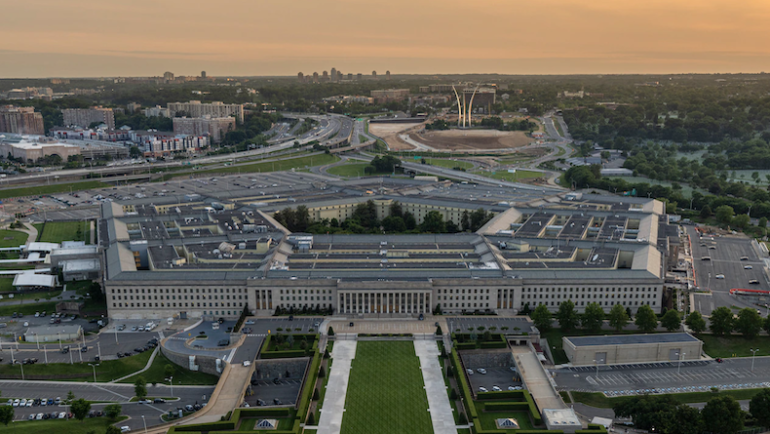Newspaper Article 15/05/2019
The killing of more than 250 people in Easter bombings in Sri Lanka speaks about the growing threat of transnational terrorism. Initially, Sri Lankan government held the National Thowheed Jamath (NJT) responsible for the attacks. But as events followed, it was claimed that the local group (who pledged allegiance to the Caliphate) has the support of ISIS. Given the nature of bombings, it was always suspected that attackers had received guidance from elsewhere and the claim by ISIS proved it right.
The bombings in Sri Lanka are one of the deadliest attacks carried out by the group, nearly twice as lethal as the 2015 Paris attacks. As reported, just four weeks after the ISIS caliphate was eliminated in Iraq and Syria — and four months after President Trump first claimed the group was defeated — the terrorist group remains a threat to the world.
After Al-Qaeda, the emergence of ISIS has come as a global challenge. Military operations in Iraq and Syria were expanded to contain the threat. However, recent developments have shown that irrespective of squeezed space, the group has the ability and means to execute their plans. For instance, the organization has a significant presence in digital world which does not need any physical space or territory to operate.
As any terrorist attack is by definition an intelligence failure, the Easter bombings signify that there was both space and opportunity for terrorist or violent tendencies to persist in a country which had seen a decade of peace after a civil war.
Looking into the ISIS’ profile after being tormented in the Middle East, analysts believe “the group has simply pivoted to exploit the resources at hand and the notoriety it has banked as a global brand. With its command-and-control hierarchy in Syria and Iraq seriously degraded, it has become more decentralized, turning to its affiliates further afield to spread its message and mayhem.” Furthermore, it is believed that as its core weakens, its peripheries have become more dangerous.
Given that attackers got trained and access to resources in Sri Lanka, the presence of an organized network, middlemen and facilitators who were into the planning but never came under the radar are questioned. With the fact that ISIS in past had been making an astounding use of digital media or internet in propagating their ideology, the developing countries in Asia (including sub-regions of South and Far East) turn out to be the most vulnerable given that states here exercise little to no regulatory and monitoring measures to keep a check.
Post bombings, if the debate revolves around the question that why Sri Lanka was chosen, another important question is that why Christians were targeted when there has been no such antagonism found between Muslims and the latter community. Most of the people who were killed were Sri Lankan Christians who had nothing to do with hurting or abusing the Muslims. Experts point out that ‘the choice to target Christian communities, who largely had little conflict with the country’s Muslims, along with the scale of the attack, suggested the involvement of a global jihadist with a broader anti-Christian agenda.’
As the discussion boils downs to some critical conclusions, analysts say these attacks actually contradict the country’s historical conflicts. Hasn’t the world seen enough in fighting terrorism? Past two decades have been all about shattering state structures and dropping economies while fight against terrorism remains a priority and the results have still remained unmet. Sri Lankan bombings are that one bloody instant of history which calls for serious introspection.
The article was originally published in Daily Times on May 13, 2019
Link: https://dailytimes.com.pk/393143/easter-bombing-a-call-for-introspection/
Disclaimer: Views expressed are of the writer and are not necessarily reflective of IPRI policy



